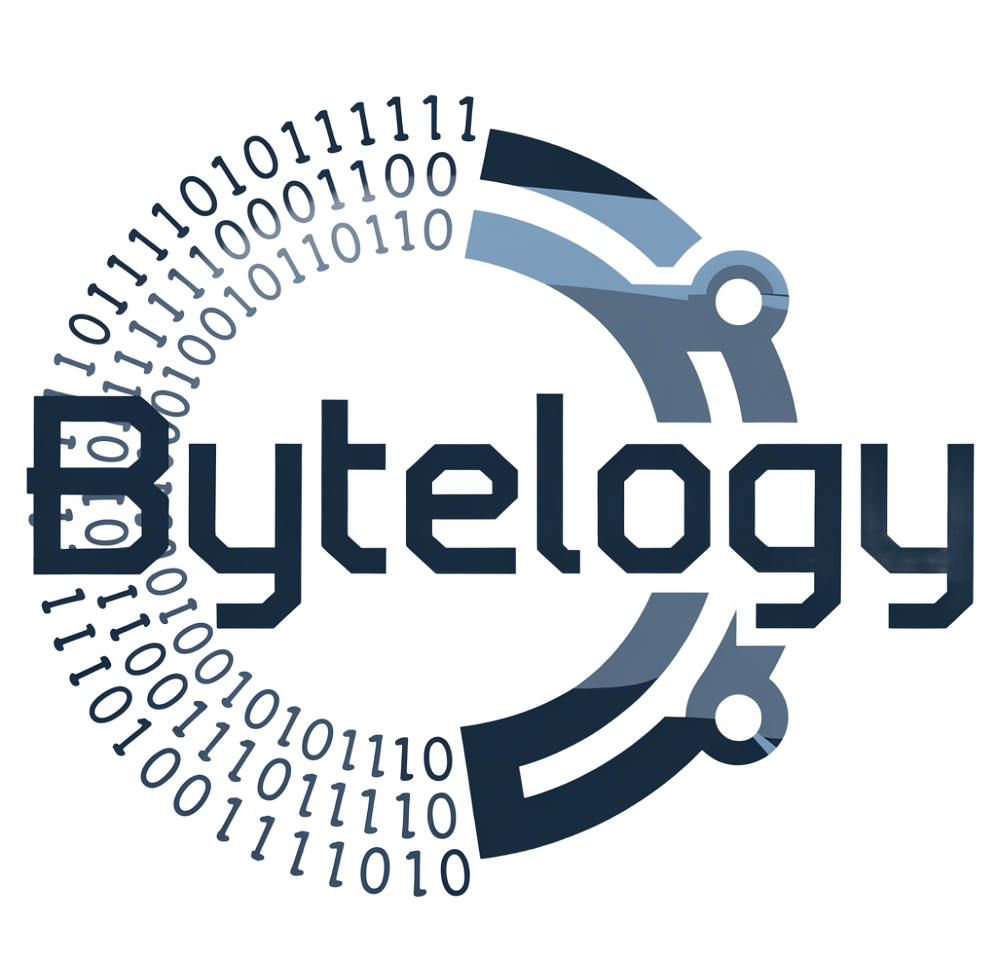The realm of espionage has always been a source of intrigue for readers and spectators alike. Few writers have been able to depict its complicated and exhilarating essence as successfully as Mick Herron. His popular Slough House series, which concentrates around the lives of discredited British intelligence operatives reduced to ordinary chores, provides a unique twist on espionage fiction. Among the books in this series, Bad Actors stands out as a fascinating addition. Let’s delve into the Slough House Bad Actors Synopsis summary to understand the complexity and ingenuity behind this masterpiece.
Introduction to Slough House
Before getting into Bad Actors, it’s vital to understand what makes Slough House so special. Slough House is a fictitious dumping site for MI5’s failures agents who’ve made career-ending blunders or possess bothersome peculiarities that render them ineligible for high-stakes assignments. These spies, called the “Slow Horses,” are under the supervision of the grizzled and unorthodox Jackson Lamb, whose harsh attitude belies a shrewd intellect.
Slough House works in striking contrast to the flash and splendor of traditional intelligence operations presented in the media. It’s gritty, loaded with sharp comedy and propelled by flawed but genuinely human individuals.
The Premise of Bad Actors
In Bad Actors, the eighth volume in the Slough House series, Herron explores the dark seas of political manipulation and personal vendettas within the intelligence agency. The term itself plays on the dual meaning of “bad actors” incompetent performers and evil people whose acts disturb order.
The narrative opens with a political crisis in the UK administration. An important figure, a political adviser with hazardous connections has gone missing and her absence threatens to unravel a web of secrets. Simultaneously, Slough House finds itself engaged in a plot involving the intelligence agencies and their murky links with other forces.
As the conspiracy develops, the agents of Slough House, lead by Jackson Lamb, are unwillingly lured into a high-stakes game of deception and treachery. The novel is packed with Herron’s characteristic wit, dark humor and keen criticism on the nexus of politics and espionage.
Key Themes in Slough House Bad Actors Synopsis
Political Satire
Herron doesn’t shy away from questioning present politics. Bad Actors delivers a critical portrait of governmental ineptitude, self-interest and the blurring borders between politicians and intelligence operations. The story exposes how selfish aspirations and weak egos may undermine national security.
Morality in Espionage
A constant subject in the Slough House series and notably in Bad Actors, is the moral complexity of espionage. The “heroes” of the novel are far from faultless and the borders between good and wrong are frequently blurred. This intricacy lends dimension to the plot, making it more than simply a conventional espionage thriller.
Resilience of the Underdog
The Slow Horses, despite being scoffed down by their colleagues, continuously establish their value. In Bad Actors, their drive to find the truth and defend their own highlights the tenacity of underdogs in the face of institutional injustice.
Character Dynamics in Slough House Bad Actors Synopsis
Herron’s strength resides in his character development. Each member of Slough House Bad Actors Synopsis brings a distinct personality and skill set to the table, and Bad Actors further explores their relationships and evolution.
Jackson Lamb
As usual, Jackson Lamb is the heart of Slough House. Gruff, foul-mouthed and smart, Lamb’s leadership style is unusual but successful. In Bad Actors, his strategic intellect becomes useful in navigating the maze of falsehoods and peril.
Louisa Guy and River Cartwright
Louisa and River play crucial roles in solving the mystery of the missing advisor. Their inventiveness and persistence illustrate their progress as agents, despite their previous faults.
New and Returning Faces
Bad Actors also introduces new characters while revisiting established ones from prior editions. These encounters provide levels of interest and keep readers engrossed in the greater plot.
What Sets Bad Actors Apart?
While Slough House books are recognized for their sharp wit, sophisticated plotting and sardonic tone, Bad Actors takes these characteristics to the next level. The stakes are greater, the suspense is real and the surprises are truly startling. Herron skillfully combines comedy with tension, producing a novel that is as enjoyable as it is thought-provoking.
Moreover, the novel’s relevance to contemporary world events, notably the interaction between politics and intelligence, makes it a pertinent read. Herron’s ability to blend real-world situations into his fictitious realm strengthens the realism and power of the narrative.
Why You Should Read Slough House Bad Actors Synopsis
If you’re a lover of espionage fiction or political thrillers, Bad Actors is a must-read. It’s a novel that doesn’t merely amuse but also pushes readers to think critically about the world of espionage and its repercussions. Herron’s humor and astute insights make it a standout in the category.
For newbies, Bad Actors has enough background to be appreciated as a standalone novel, however reading the previous Slough House Bad Actors Synopsis works will deepen the experience. For long-time fans, it’s another outstanding entry in a series that continues to push boundaries.
Conclusion
The Slough House series and Bad Actors in particular, illustrates that espionage fiction can be clever, witty and immensely fascinating. With its complex characters, razor-sharp criticism and surprising storyline, Bad Actors cements Mick Herron’s status as one of the greatest current authors in the genre.
For anybody wanting to grasp the nuances of Slough House, the Slough House: Bad Actors summary is only the beginning. Dive into this fascinating novel and learn why it’s a contemporary classic of espionage fiction.

